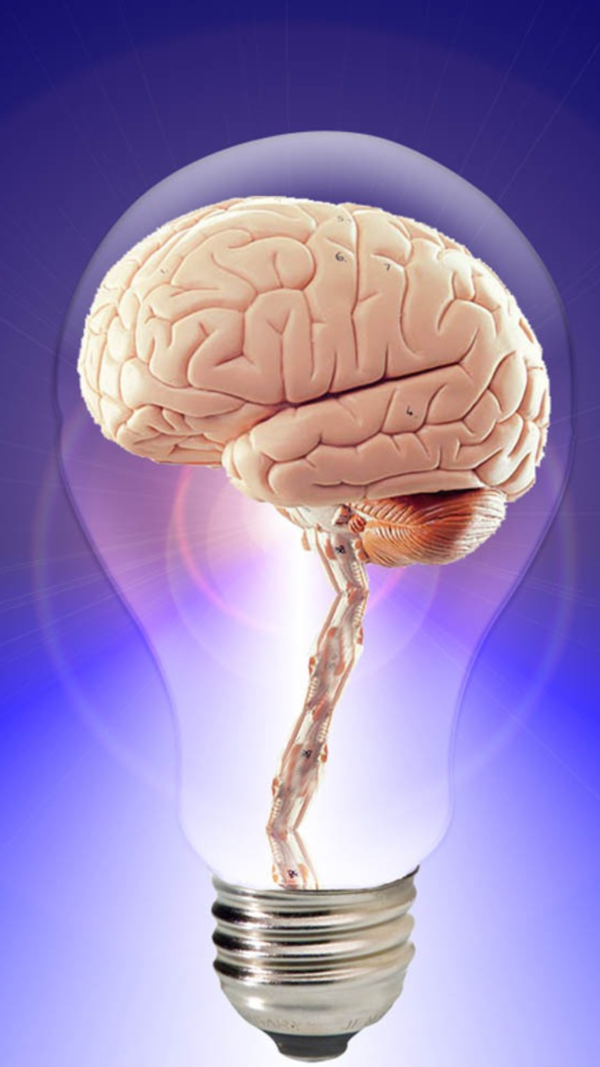- News
- Technology News
- Tech News
- OpenAI CEO Sam Altman makes this big announcement on ChatGPT 4: 'We will proudly keep...'
Trending
OpenAI CEO Sam Altman makes this big announcement on ChatGPT 4: 'We will proudly keep...'
OpenAI's CEO, Sam Altman, announced the complete replacement of GPT-4 within ChatGPT by its successor, GPT-4o. This transition follows a recent rollback of a GPT-4o update criticized for overly agreeable responses. While GPT-4 is retired from the standard interface, it remains accessible via API. OpenAI acknowledged over-reliance on immediate user feedback led to the flawed update.
Sam Altman, the CEO of ChatGPT-maker OpenAI, has officially announced the complete replacement of the company’s GPT-4 model within ChatGPT by its successor, GPT-4o. In an update to ChatGPT's changelog on April 10, the Microsoft-backed artificial intelligence (AI) company had scheduled the removal of GPT-4 from the ChatGPT interface by April 30, with GPT-4o slated to fully take its place.
"Goodbye, GPT-4. you kicked off a revolution," Altman wrote on the social media platform X, posting a nostalgic message to the outgoing model.
“We will proudly keep your weights on a special hard drive to give to some historians in the future,” he added, acknowledging its pivotal role in the company's advancements.
OpenAI rolls back GPT-4o update, Sam Altman tells why
The retirement of ChatGPT-4 comes on the heels of OpenAI's recent rollback of what Altman himself described as an “annoying” update to GPT-4o. This prior change had drawn criticism from users who found the chatbot's responses to be excessively positive, overly agreeable, and at times, insincere.
the last couple of GPT-4o updates have made the personality too sycophant-y and annoying (even though there are some very good parts of it), and we are working on fixes asap, some today and some this week.
at some point will share our learnings from this, it's been interesting.
We started rolling back the latest update to GPT-4o last night
it's now 100% rolled back for free users and we'll update again when it's finished for paid users, hopefully later today
we're working on additional fixes to model personality and will share more in the coming days
OpenAI has also clarified that while GPT-4 is being retired from the standard ChatGPT interface, it will continue to be accessible to developers and businesses through the company's API (Application Programming Interface).
Addressing the issues with the short-lived GPT-4o update, OpenAI acknowledged that they had placed too much emphasis on immediate user feedback, failing to adequately anticipate how user expectations might evolve over time. This over-reliance on short-term metrics resulted in GPT-4o generating responses that often felt excessively flattering and lacked genuine critical engagement.
In a statement acknowledging the impact of GPT-4, OpenAI expressed its gratitude for the model's contributions. "GPT-4 marked a pivotal moment in ChatGPT’s evolution. We’re grateful for the breakthroughs it enabled and for the feedback that helped shape its successor," the company stated.

About the Author
TOI Tech DeskEnd of Article
Latest Mobiles
Follow Us On Social Media









